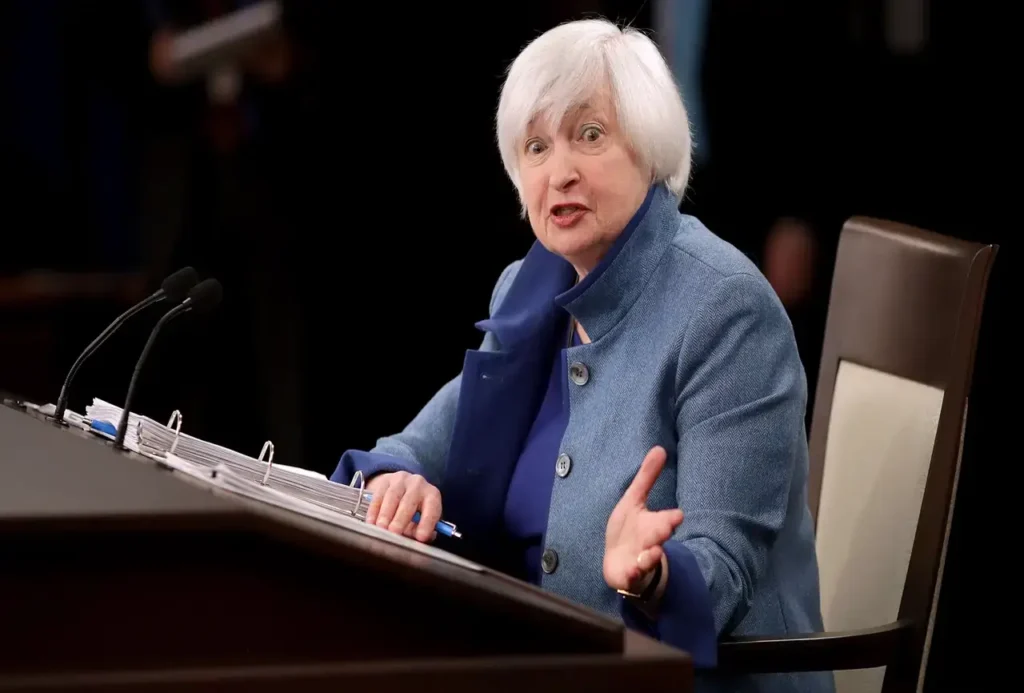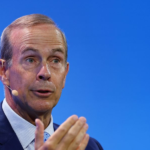UBS, a prominent European bank, is predicting a recession for the US in 2024, setting the stage for substantial interest-rate cuts by the Federal Reserve. The bank anticipates an unprecedented 275 basis points cut, a move almost four times more significant than the market’s current expectation of a 75-basis-point reduction, as indicated by the CME Group’s Fedwatch tool.
In a mid-November research note, a team led by economist Arend Kapteyn and strategist Bhanu Baweja highlighted the key feature of UBS’s forecast: a pronounced easing cycle by the Fed starting from March 2024. According to their projections, interest rates could plummet to just 1.25% in the first half of 2025. The aggressive rate cuts are positioned as a response to the anticipated US recession in the second and third quarters of 2024, coupled with a persistent slowdown in both headline and core inflation.

Since March 2022, the Federal Reserve has raised borrowing costs from near-zero to approximately 5.5% to counter soaring inflation, which reached a four-decade high of 9.1% in June of the previous year. Although inflation has moderated since then, it still exceeds the central bank’s 2% target.
The tightening monetary policy was expected to impact the economy, but the US has thus far avoided a recession. In the third quarter, the country’s gross domestic product expanded by 4.9%, marking its highest growth rate in two years. Despite interest-rate hikes, the job market has also demonstrated resilience, with the unemployment rate rising slightly in recent months but remaining below 4%.
UBS’s recession prediction contrasts with another outlook presented by Jason Draho, UBS’s head of asset allocation for the Americas. Draho suggests that the surprising resilience of the US economy in the current year sets the stage for a “roaring ’20s” period characterized by increased GDP growth, inflation, bond yields, and interest rates.









